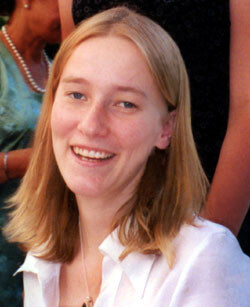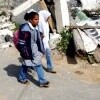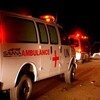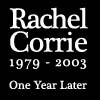Israel denies entry Canadian peace activist
13 March 2004
In the early morning hours of March 11, the Israeli Ministry of Interior denied Christian Peacemaker Team member Greg Rollins (Surrey, BC) entry to Israel at Ben Gurion airport and returned him as far as Amsterdam. “I’m surprised, we have a very strong court order, it seems the Israeli security people at the airport made a mistake,” said Sani Khoury, with the law firm of Kuttab and Khoury. A settlement in writing said that there are no restrictions on Greg’s entering Israel. Read more about Israel denies entry Canadian peace activist








